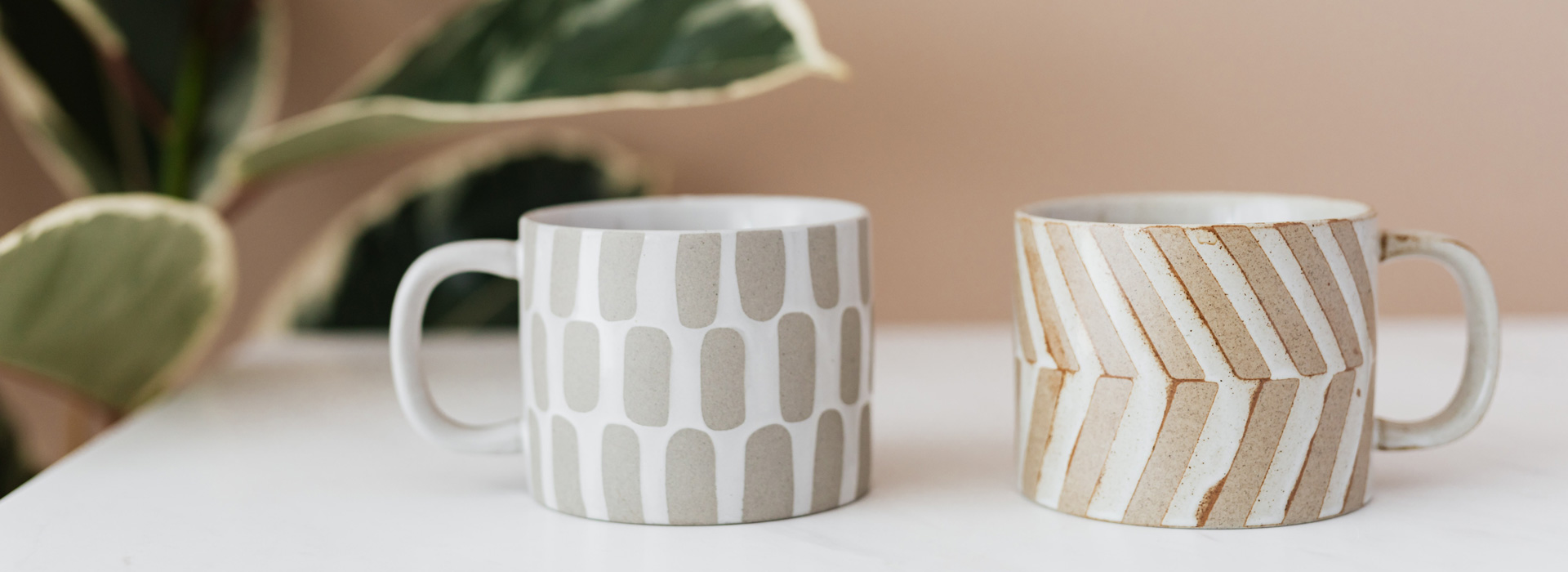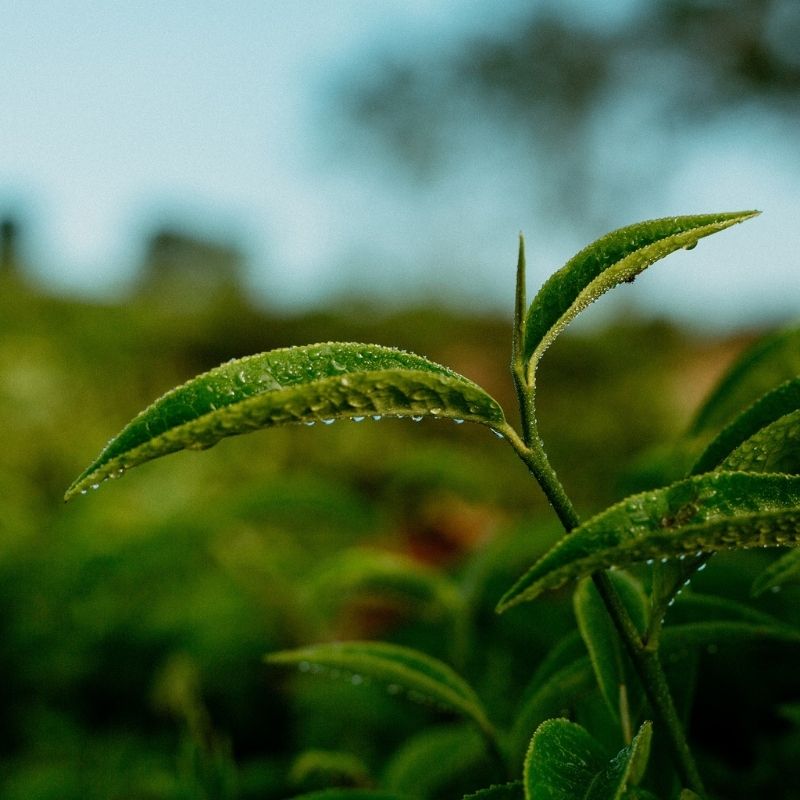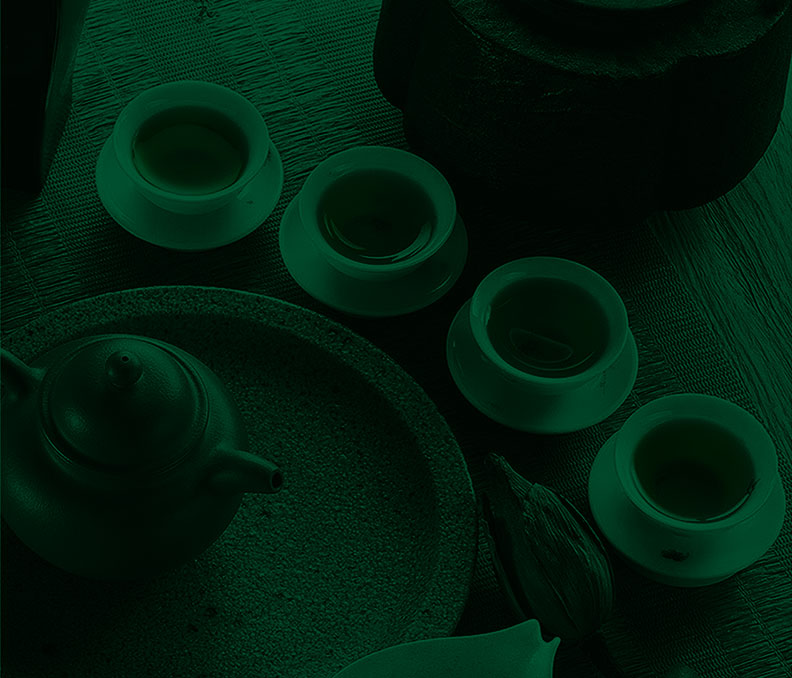
Tea connoisseurs all around the world have a special connection with their favourite brew, as it makes up an important part of their lives. Green tea and black tea are two of the most popular types of tea in Sri Lanka and around the world. But how are they different? Besides its obvious colour-inspired name, here are some of the essential differences between green tea and black tea.
The Production Process
Contrary to what many may believe, both black tea and green tea are derived from the same plant that is known as Camellia Sinensis. The difference between the two lies in the fermentation process of the teas, which refers to how much tea undergoes the oxidation process to get dried.
How is Black Tea Made?
Once harvested from the plant, the leaves are allowed to fully oxidise before they are processed and dried. Oxygen interacts with the cell walls of the leaves which results in turning them dark brown to black in colour. Oxidation also alters the flavour in black tea, making it tangy and malty.
How is Green Tea Made?
Unlike black tea, green tea is quickly heated and pan-fried, and goes through a minimal oxidation process. This results in giving green tea its famous light colour and taste. This process also ensures that green tea retains most of its antioxidants.
How to Brew Black or Green Tea
The brewing time and method for green tea and black tea differ in certain aspects. For example, one tea bag of green tea should be brewed at 70°C to 80°C for about two to three minutes. Green tea is usually consumed without a sweetener. However, if you prefer to add a hint of sweetness, honey would be more recommended than sugar.
To brew black tea, add a tea bag to a cup of hot water with a temperature of 95°C to 100°C. Let the tea brew for approximately three to five minutes. You could add sugar or milk to your cup of black tea to elevate the taste to suit your needs.
The Caffeine Level of Tea
It is a known fact that tea has less caffeine than coffee. However, the low amount of caffeine in tea is one of the reasons why it is considered to be more beneficial than coffee or energy drinks. Sipping a cuppa would keep you energised for longer, without the inconvenience of the caffeine-induced restlessness of coffee. Black tea, in general, has more caffeine than green tea, due to the oxidation process, and is great for those who would want to pull an all-nighter. Green tea, although only has about 35mg of caffeine per serving, as opposed to the 39-100mg in black tea, contains L-theanine. This makes up for the lack of caffeine by bringing you to a state of calm alertness by firing up the neurotransmitters. This also releases the “happiness hormones”: dopamine and serotonin.
Health Benefits of Green Tea
Green tea contains the polyphenol EGCG which has been known to alleviate risks of certain types of cancer, Alzheimer’s disease and liver diseases. It also helps in lowering the levels of fatigue and stress. Green tea is most popularly known as a powerful agent that increases metabolism, thereby promoting rapid weight loss. This curative beverage could also improve your dental health, and act as an antidepressant as well. Read more about the benefits of green tea here.
Health Benefits of Black Tea
Theaflavins found in black tea act as an anti-inflammation device and lowers the plaque formation in blood vessels which could otherwise lead to clogged arteries. They also promote fat breakdown and is a great aid for obesity management. Black tea is also a well-known beautifier since it decreases eye-bags, puffy eyes as well as redness in eyes. It also protects you against various eye discomforts such as styes, and conjunctivitis. Read more about the benefits of black tea here.
Shared Benefits
Both green and black tea is rich in polyphenols and contains flavonoids that help reduce cardiovascular risks. There have also been studies that reported that both these teas could help reduce the LDL cholesterol levels significantly. The daily consumption of both green and black tea could also lower blood pressure. Both green and black tea have been found to improve digestion and reduce ulcers. Strong shiny hair, flawless skin, and overall good health could be just a cup of tea away.
So, it does not matter whether you are a strong green tea enthusiast or a passionate black tea drinker, because both of these options are great and evidently carry a wide array of health benefits. The addition of either black or green tea or even both, could be the change your life needed all along.



























